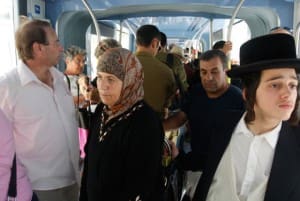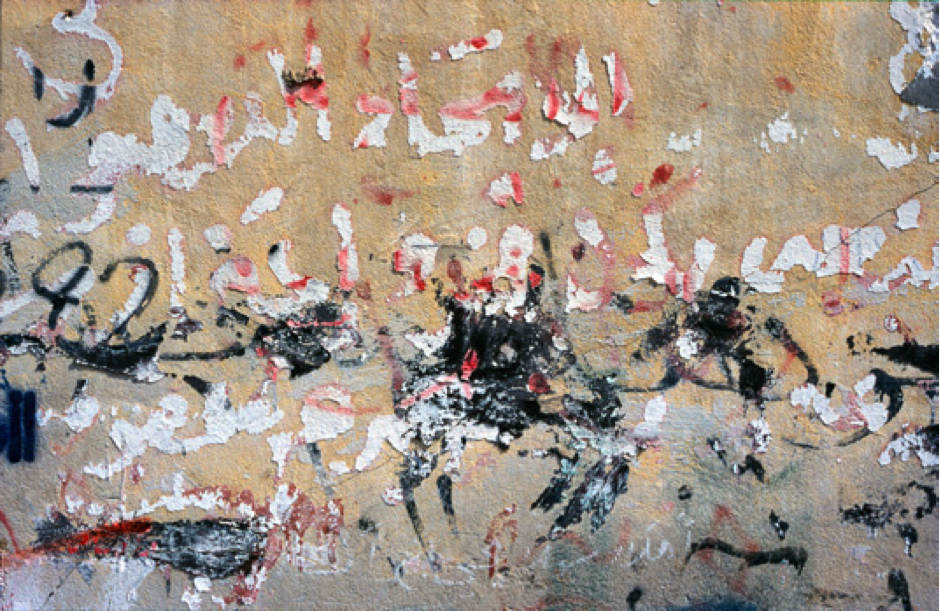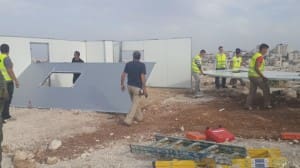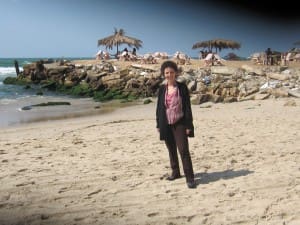Thanks to my newsletter subscribers and website followers who hung in with me as I bombarded you all with video reminders about life in Gaza each day leading up to my 50th birthday. I hope you made time to watch some of them, and I hope you came away with a new interest in Gaza. I hope the videos reinforced your impression that Gazans matter – not only during attacks, but also in between the attacks that bring Gaza to the front pages of the news every year or two.
I want to give a special thanks to my new friends from Gaza who agreed to be interviewed and to share fascinating and little known aspects of their lives with me, and by extension, with the world: Najla Shawa, Hekmat Bessiso, Amal Sabawi, Nahedd Kayyali, Ghada Ageel, Thoraya El-Rayyes, and Sameeha Elwan.
My Gaza birthday campaign was a success in some ways. The videos brought some new visibility, and a different kind of visibility, to the issues, and they reached some new people. They’ll remain on my YouTube channel forever, and may continue to be seen. Still, I must admit that my birthday campaign fell short of my hopes in many ways.
I wish there had been more sharing of political actions taken to the end the siege. But even as I say that, I admit that I don’t really know what actions might be effective. The siege on Gaza is part and parcel of the Israeli occupation, which is pat and parcel of the Israeli colonization project. That’s not an easy mountain to move.
I also wish we had raised more money. Thanks to the generous contributions of Marga Kapka, Dorothy Bennoune, Pat Walsh, Anonymous, Carolyn Quffa, Mary Onorato, Vicki Tamoush, Pauline Solomon (and some from me), we raised over $1,500. But I’d hoped for at least $5,000. What is $5,000 going to do, you may ask, when the needs in Gaza are so huge? Shouldn’t we raise massive amounts of money to feed and house people? Actually, I’m a critic of “humanitarian aid,” especially for long terms, and especially in human-made crises like that in the Gaza Strip. In those cases, political action that enables Palestinians to claim their rights is more effective. And that’s what the Gaza Fund at Dalia Association will do – enable the pilot of a new community controlled grant process that respects Palestinians rights to lead their own development agenda. The fact that Dalia Association is willing to undertake this logistically challenging and emotionally intensive work is itself an act of resistance against the siege that seeks to split the West Bank from Gaza, as if one could sever a heart from its arteries without doing mortal damage.
There was one unexpected but fabulous outcome! A small group of university students in Gaza found me through my campaign. They are teaching themselves to do advocacy and public relations. They asked me to lead a weekly training by skype, and I’m having a grand time doing it. I don’t know whose learning more, them or me
And fortunately, the effort isn’t over. Dalia Association published an interview with me about the Gaza Fund and they will continue to receive contributions (of money or any other resource) indefinitely. The Gaza Fund has become a standing program, part of Dalia’s creative initiative to promote rights and self-reliance through philanthropy and civil society strengthening.
On a more personal note, I admit, the birthday campaign didn’t make me feel any younger or any better about turning 50 in a world that is so violent, wasteful and immature. I don’t feel any clearer about what I want to do with the next phase of my life either. Will I go back to working on my neglected novel? Hammer away at the strange and disempowering world of freelance journalism? Having transitioned to a less involved role at Dalia Association, do I want to start something new? I have no answers to these questions. Your opinions/suggestions/feedback/encouragement (in the form of words or chocolate) are always welcome.



